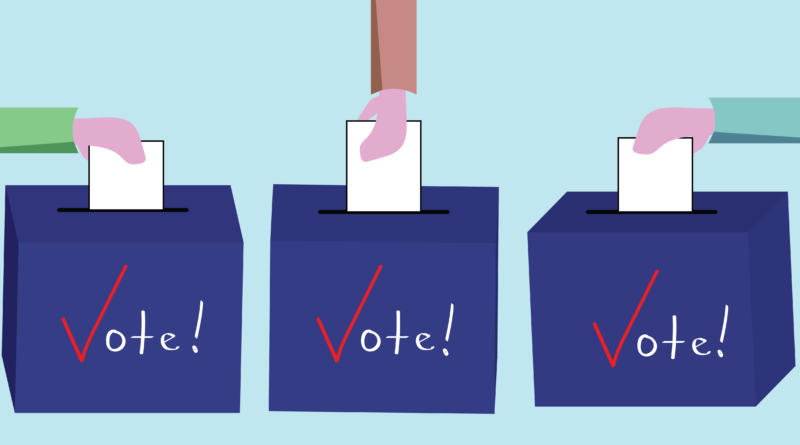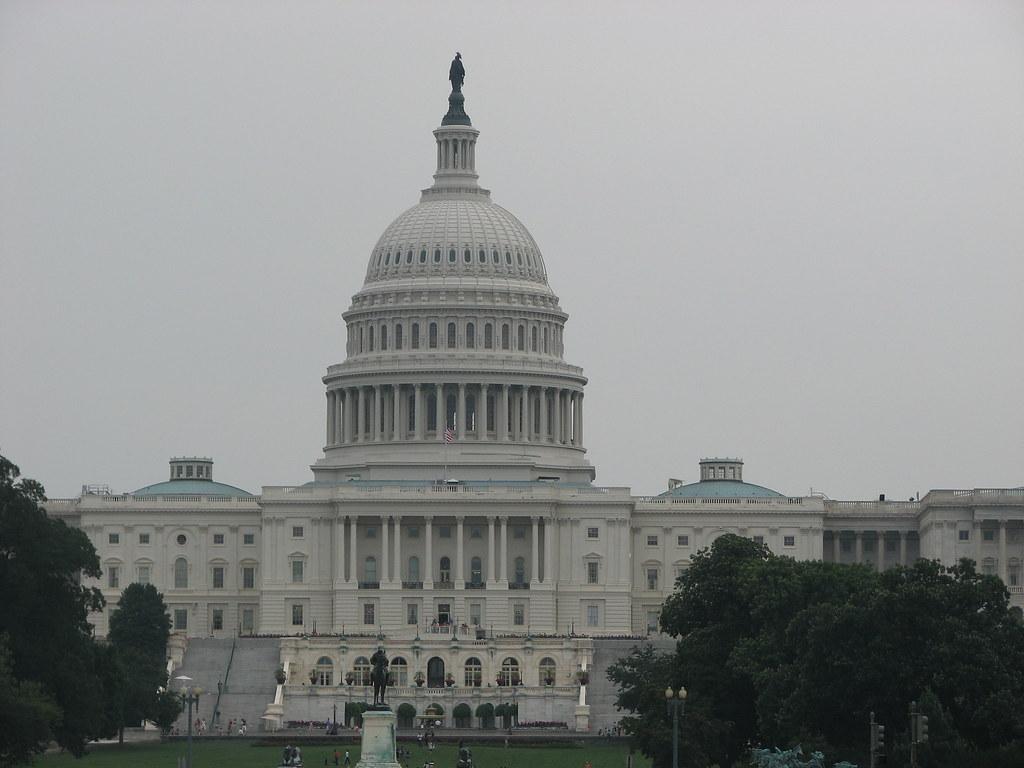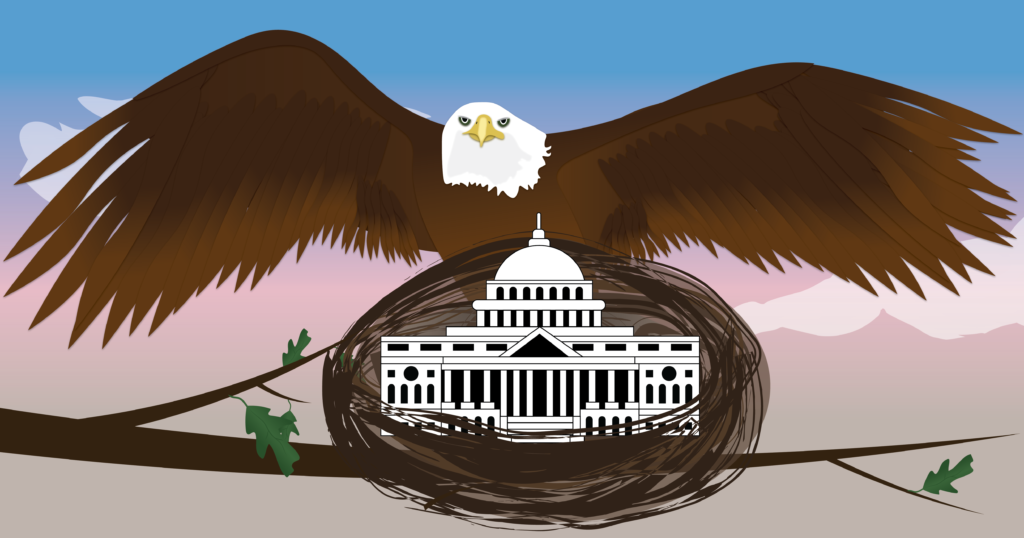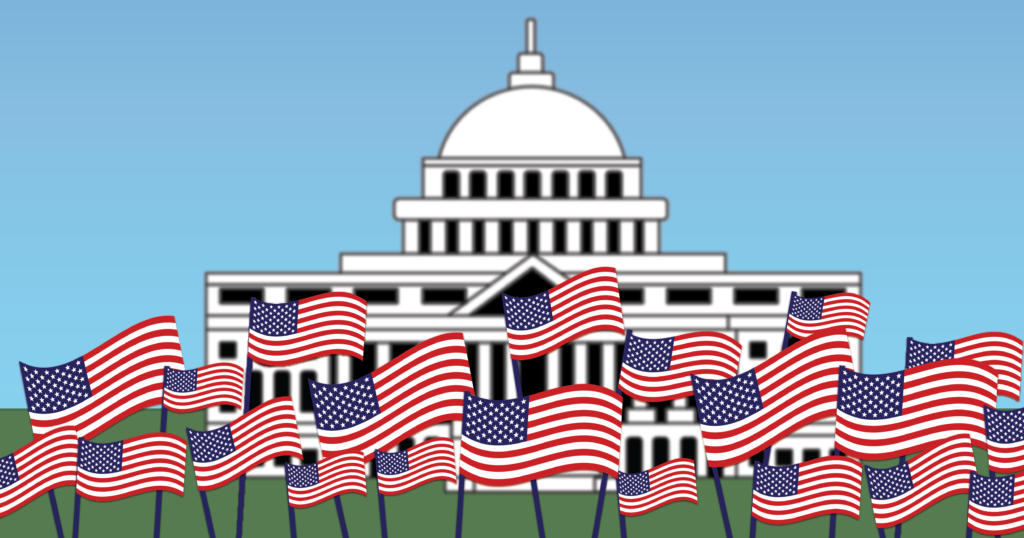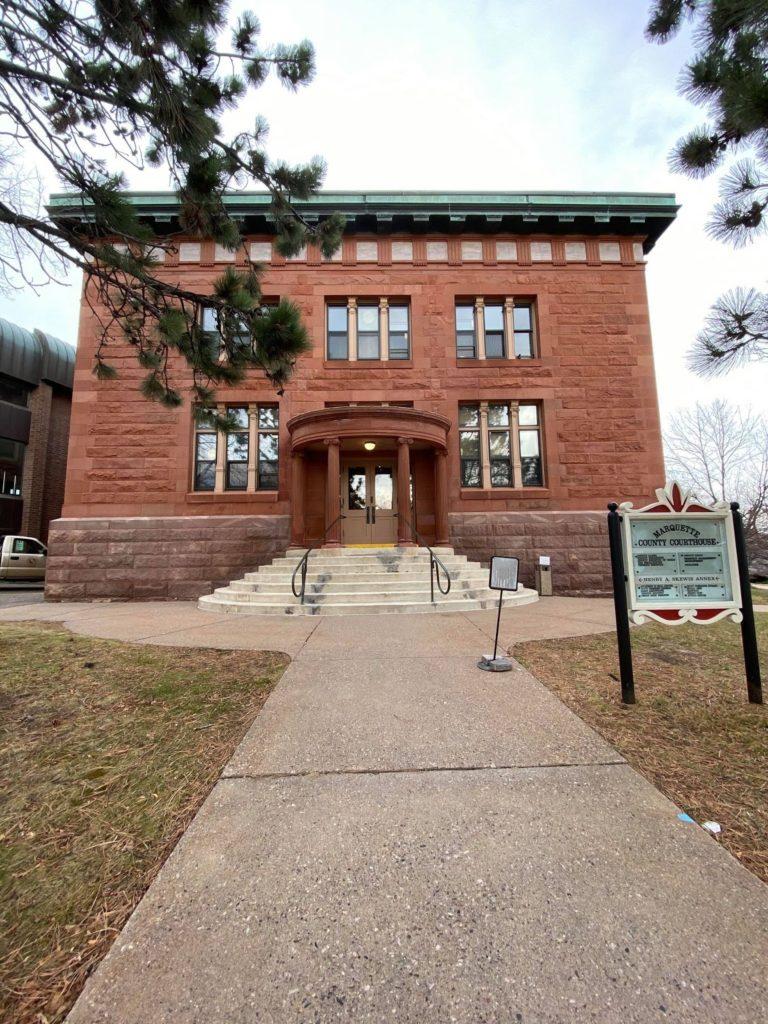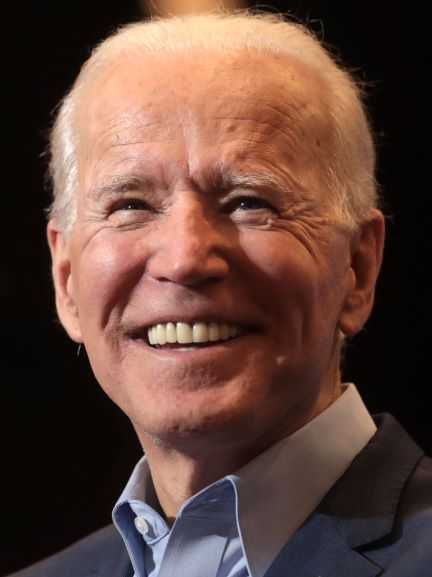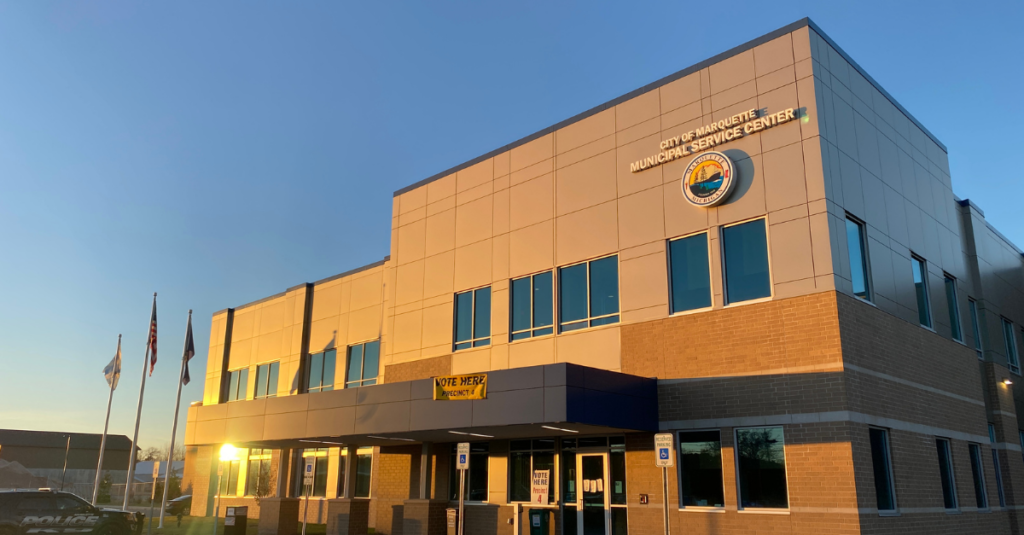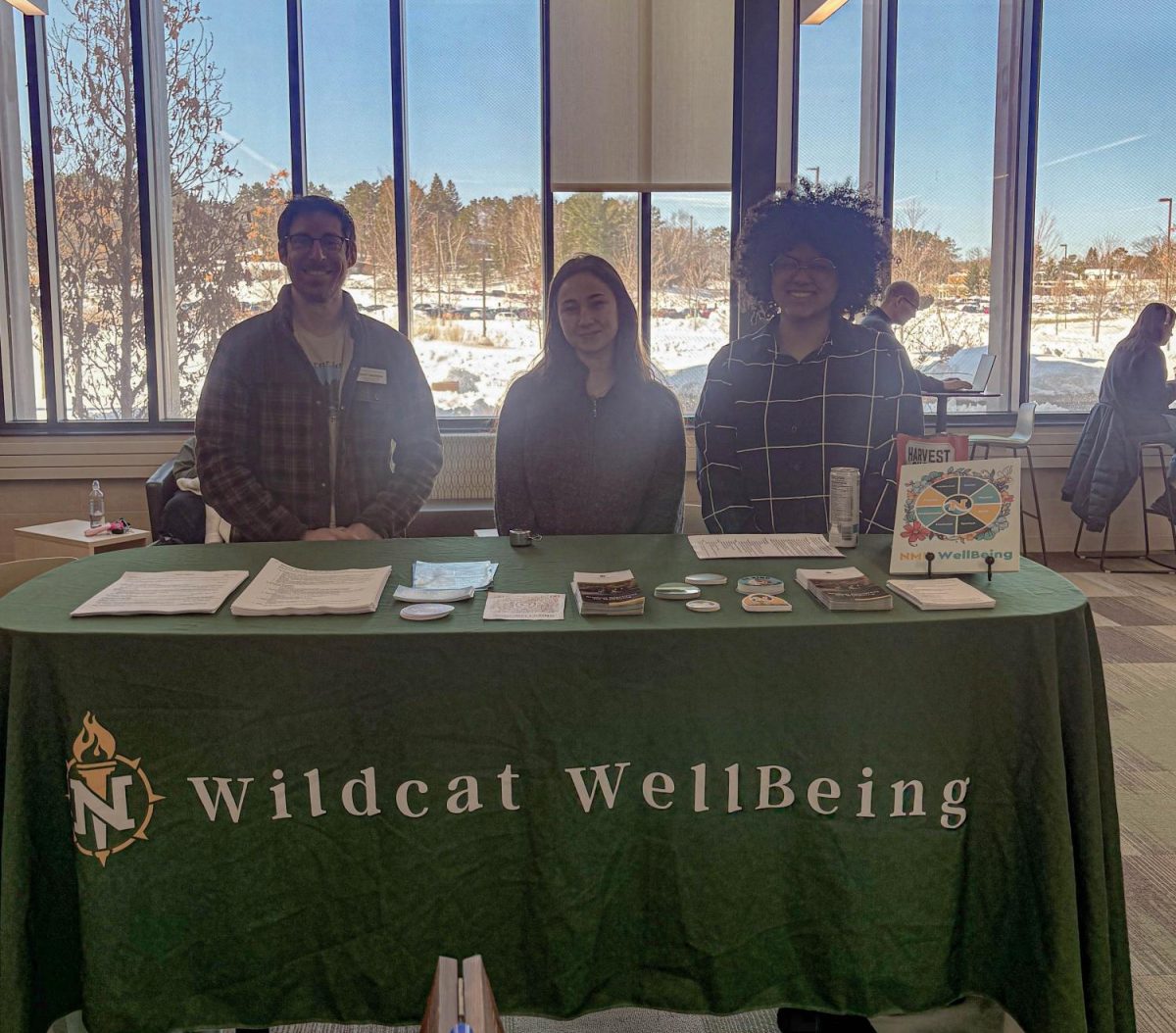WHERE TO VOTE– Students can go to the satellite clerk office in the Northern center, office 1205, Monday-Thursday from 2 p.m. to 8 p.m. and Friday from 10 a.m. to 6 p.m. To register to vote online for Michigan voters go to https://www.vote.org/register-to-vote/michigan/. The Marquette city hall is also available for voter registration.
The Michigan house of representatives race for district 109 is underway, Sara Cambensy, the incumbent, represents the Democratic party and the challenger, Melody Wagner represents the Republican party. Both parties have responded below to questions regarding popular topics discussed by university students and this election will appear on ballots in the U.P.
| NW: What legislation will you work to enact that will benefit students? Sara Cambensy: I know firsthand the student debt burden people face as someone in their 40’s who only recently paid off their master’s degree loan debt. That’s why I’m a huge supporter of Governor Whitmer’s Michigan Opportunity Scholarship that offers free 2-year community college or a $2,500 stipend at 4-year universities, the Michigan Reconnect Plan for retraining workers to help transition them into 21st century jobs at colleges or in the skilled trades, as well as the Governor’s Futures for Frontliners program to offer essential workers a 2-year, tuition-free path to education. I also applaud and support the Biden-Harris education plan that tackles barriers that prevent students from completing their college degree or training credential, and also focuses on getting the student debt crisis under control. At first glance, many people may think these programs are too expensive for the taxpayers to take on and that college is not their responsibility to help pay for. Yet when we run the numbers on cost in Michigan, investing $200 million annually in higher education that goes directly into helping train the next generation of workers in our state to enter the workforce with less debt vs. the delay in economic participation it currently takes your generation of students to buy a house, better vehicles, start a family, and start spending your salary at small businesses in local communities, it becomes obvious from the return on investment (ROI) that these higher education programs are worth it. In a $62 billion dollar annual state budget, the cost of these programs are more than doable. NW: How would you make the job market more accessible to college-aged students? Cambensy: This also ties into my first answer. Allowing students to leave college with a fraction of the student debt they have now will allow them the flexibility to move forward faster and take their future into their own hands. I believe the biggest setback students have when leaving college is how do you get a good job with mounds of student debt and the worry of needing to support yourself without living with or relying on friends and family to help. The second thing I believe we need to do comes down to the conversations we have with high school students and the actual real life job skills and training we teach in college. No one ever asked me where I wanted to live when choosing a career path. I was originally headed down a path in obtaining my bachelor’s degree in a field where I would have to move to a city or part of the country I didn’t like as much for a job, yet I was someone who was very particular with where I wanted to live and the lifestyle I wanted. That was a big problem for me and it caused me to panic and have to pivot when out of college. If you’re someone who likes to hunt and fish or live someplace surrounded by nature like the U.P., yet you are going to school for a specialized degree that only urban cities can offer, we need to help students think about that early on. We need to do a better job helping students connect the job they think they want to do with everything that job entails before choosing a career path. Yet the most important thing I believe we can do to help students with when bridging the gap between college and the job market is focus more on the importance of having good ‘soft’ skills. We spend a lot of time training students for the technical things at college that future jobs will require. However, the most desirable employee qualifications that I hear employers emphasize when looking to hire people are their soft skills. Do you show up on time everyday for work? Do you complete your work assignments on time? Are you open minded and a lifelong learner? Can you be a team player and work with others as a problem solver? And probably the biggest one, are you able to take constructive criticism and grow from mistakes? This might sound ridiculous as students focus on academics, but most employers are confident they can train just about anyone for the job openings they have if that person can say yes to those questions I just posed. If you have these skills coming out of college I’m absolutely certain it will open the door to just about any employment opportunity you’re seeking. NW: What are your plans to support environment-friendly legislation? Cambensy: I spend a lot of time focusing on mining legislation because my district contains all of the currently active iron and metallic mines in the state. As a Democrat, many progressives get mad at me for this because the traditional party stance is to be against all mining. When I was a college student, I was skeptical of mining, too. But one event I attended had a profound impact on me, and it changed my views on what it means to be an environmentalist. Dr. Stephen Kessler, a U of Michigan professor of geology, spoke about mining and its importance at a Great Lakes conference in Marquette in 2012. He posed the question to the audience that I couldn’t deny, which was, ‘If you don’t want mining here where you live and where the minerals are, do you have the right to demand that those minerals be mined elsewhere for you?’ It really made me rethink my anti-mining position. Yes, I liked my phone, my computer, my car, my bike, and even the copper and other precious metals I used everyday to test my blood sugar as a type-1 diabetic and I wasn’t willing to give these things up. I used metal and depended on those devices made from metal every single day. So instead of focusing on being anti-mining, I decided to start focusing on how do we mine better? How do we clean up old mining tailings and reuse them? And, how do we create a market for urban mining, where every region in Michigan recycles batteries and computers and phones to reuse these metals we’ve already mined? When I admitted to myself that we need mining to have our modern world, that’s when my focus shifted to being part of the solution instead of standing on the sidelines being angry. I still firmly believe that we must have stringent and extremely high standards for our environmental laws in order to protect our land and water, but I also now admit and understand that mining has to occur. If we don’t want mining done here where we can do it responsibly, then it will be done in other countries with child labor and little to no environmental laws in place. So I spend a lot of time working on legislation with college professors, environmental groups, our tribal members and industry on how we can mine responsibly. NW: What will you do to help ease the financial and mental burdens caused by COVID-19? Cambensy: There is no doubt in my mind that Covid-19 is not only having enormous impacts on the economy, but also on people’s emotional and mental wellness. That’s why I have taken the stand that we must balance the economy and the health and safety of people when working with the legislature and governor. We cannot realistically shut our economy down and isolate people in order to protect everyone from the virus. The solution to me is not an either/or situation where we have to choose the economy over our health, but rather implement a combination of common sense solutions for both. If everyone would be willing to do their small part by socially distancing, wearing masks in public, increasing hand washing and disinfecting cleaning, and forgoing popular, large-scale social events for the time being, the sooner we can all get back to a near normal lifestyle. NW: Why should college students support you as a candidate? Cambensy: As someone who is a twice college grad of NMU (BA 2002, MPA 2011), I understand a lot of the challenges you face as students. Now as a legislator, I feel I have taken my college experience and I am actively helping to solve the problems of snowballing student debt, retraining our workforce and rebuilding our Michigan economy at the state level with the help of our highly skilled students coming out of our colleges and universities. I also feel that I am the best candidate running for the 109th District because I understand that I am elected to do the people’s work, and not work for special interests. Serving almost 10 years in local government before being elected to this position, I have a track record of standing up and doing the right thing over the political thing, sometimes being the only one to speak up and speak out on controversial issues. Having demonstrated this political courage throughout my time in public office wasn’t always easy, but it was necessary in order to negotiate the best deal possible for taxpayers and citizens alike. I will continue to fight hard and think independently each and every day for the residents of the U.P. in Lansing if re-elected for my third and final term as the 109th district representative. |
NW: What legislation will you work to enact that will benefit students?
Melody Wagner: Require coursework in vocational training from your choice of popular Upper Peninsula Trades for entry level curriculum. Many believe this would benefit students and local companies as well in locating those students who aren’t really sure what career path may work best for them. The goal would be to teach ‘physical work ethic’ to encourage students to learn a trade and be placed with local employers who struggle to hire good employees. Jobs remain open or unfilled forcing our business owners and companies to hire from neighboring states. Basic life skills need to be reinforced during the first semester from managing a budget, maintaining your housing, filing taxes, to loan process for home ownership. I’m also very concerned about the health and safety of student housing and would work to assure proper Indoor Air Quality IAQ testing is afforded so students health and well-being is not in jeopardy from poor landlord maintenance. I will vote to rid any and all acts or laws that allowed an unconstitutional shutdown by our governor which left a non-functional legislation without checks and balances between the executive and legislative branch for several months. Knowing the ‘dead last place’ rating of state government in accountability, ethics, and transparency in all three branches of government in Lansing, gives me the ability to push forward and demand ‘Sunshine Laws’ on Freedom of Information Act FOIA with our executive and legislative branch. This will not only help our students but everyone’s finances, health and well-being by offering a transparent, open and honest government system that will actually better our state. We are the only state in America without this FOIA in our executive and legislative branches.
NW: What are your plans to support environment-friendly legislation?
Wagner: My focus will be on protecting our Great Lakes and inland waterways as well as our forests while requiring responsible land stewardship with modern forest inventory to prevent our beautiful Upper Peninsula from the possibility of a devastating fire. In regards to Enbridge Line 5, I fully support the building of a tunnel to house any and all pipelines in the Straits of Mackinac. Many complaints have surfaced locally about proposed wind turbines and their true contribution, if any, to our economy. I’m hopeful more avenues with solar are attainable as we work together to find economical safe solutions, conducive to our ecosystem for our energy needs.
NW: What will you do to help ease the financial and mental burdens caused by COVID-19?
Wagner: Residents have advised to research credit stability among new and returning college students seeking a degree and career. We should confirm if students have financial issues with credit cards or accounts with credit unions with an emphasis on the ability to pay back versus actual available credit, often contributed to by higher ‘available credit’ cards. Students may need to lower credit limits and give up credit cards, downgrade a cell phone or plan and live without a vehicle while in college. Should a student decide to hold down a job; vehicle expenses, insurance (although some relief was afforded) and electric remain the highest in the country in the Upper Peninsula and causes grief for many who already have to budget these costs. We also have a vast array of ‘Thrift Stores’ here in the U.P. for those looking to cut expenses. Many enjoy 2nd hand and garage stores and residents have changed lifestyles to save money to survive in the U.P. prior to Covid-19. Churches, non-profits, and available government programs have all been active prior to the shutdown and continue to help in our previously extreme broken government system. I would encourage students to seek proper nutrition, sleep and exercise as well as no use of alcohol or drugs. I will continue to work towards opening up Michigan so that those freedoms we are afforded remain intact.
NW: How would you make the job market more accessible to college-aged students?
Wagner: The U.P. has a much lower pay scale than those downstate or Wisconsin that contributes to graduates seeking higher paying careers elsewhere. This has not been fixed and I’ve researched the cause comparing other states to our broken government and areas which make Michigan and the U.P. so unique. The medical field and law enforcement/correctional officer’s jobs continue to be at risk as many seek to better themselves out of a financially broken system gone awry, causing many to move away and leave Michigan. I was told by an elected representative in 2018 that we couldn’t keep folks from leaving the state because of our failed systems. Nepotism needs to be addressed as better jobs go to a friend or family member because of who they know. Passing ‘Sunshine Laws’ will bring justice and positive change throughout Michigan and will improve the areas of ethics and accountability as well. I also believe we need to get back to the basics in morality and education, and provide vocational training while in high school and whenever possible to help families thrive again in the U.P.
NW: Why should college students support you as a candidate?
Wagner: I’m not a politician and I have backgrounds in both law enforcement and farming and am a very hard worker. I’m looking to reign in government powers and reinstall common sense legislation for everyone. We need ‘We the People first and government second; modern programs to improve ineffective and outdated governing, and ‘Sunshine Laws’ for government transparency. I’m a former farm owner/operator from Ohio and Wisconsin, a police officer from Florida and a recent officer at Transportation Security Administration TSA Department of Homeland Security DHS at Sawyer International Airport, resigning April 2020 to run for representative. The Hatch Act of 1939 prevents Federal Executive branch employees, including the Post Office, from running for office.
From talking with many local folks while knocking doors the past three years and my own personal experiences, I seek to improve consumer protections in housing markets and the mental health crisis that overwhelms folks above the bridge. Proven intervention programs between county sheriffs, state departments, schools and churches will provide coping skills and awareness to end the stigma of mental illness and promote healthy living in the U.P. I do not consume alcohol, smoke or consume legal or illegal drugs and know my faith comes first, my family second and my freedom third and I have dedicated my own finances and manage my own campaign. The following is a statement I made following the August 4th Primary. I started knocking doors to meet and hear from folks July 1st and have continued using professionalism and precaution while practicing distancing. This statement is from those contacts this summer in our four county 109th District area of Alger, Luce, Schoolcraft and Marquette County, excluding Ishpeming and Powell Township.
“Recent contact from all parties repeat a resounding need to stop the ‘insanity’ of the decline of our Upper Peninsula’s Economy and ‘Way of Life’. Those elderly folks who have lived a full life are considered ‘vulnerable’ and often denied their normal routine and social interaction. This isolation is causing distress and loneliness; adding to depression and premature loss of life. Many are ‘Over It’ and want to live again. I have also heard from sufferers of childhood abuse, sexual assaults and other unwanted restraints who relive trauma from the Government Executive Orders. These unapproved by legislature mandates are forced on individuals by employers and businesses. I will continue working to ‘Unlock Michigan’ while campaigning.”
The complaints continue to come to me knocking doors, in texts, calls, emails and personal messages on FB. We cannot, as a state, continue the direction we are going, removing freedoms and adding fear mongering with constant reports of ‘cases’ but no explanation for actual numbers of sick, hospitalized or those who have died. Undeniably SARS-CoV-2 is contagious, and many suggest quarantine for those who are sick, caution by immunocompromised folks, and continued good hygiene. I believe with these common-sense practices; Michigan will move forward.
A vote for Melody Wagner is a vote for a candidate who is not sold out to corporate lobbyist finance or party establishment monies. I’ve experienced first-hand the destruction and death of lives from a broken government after a ‘Nightmare’ moving here in 2013 from Wisconsin and I will work to bring change to a forgotten peninsula.
























